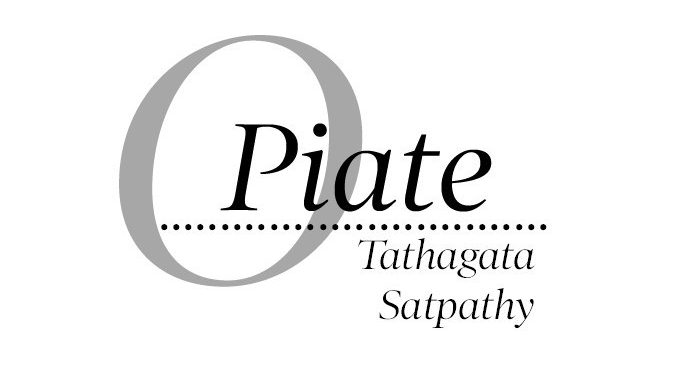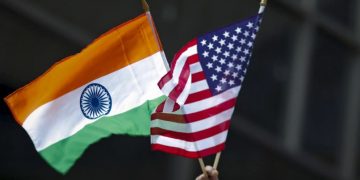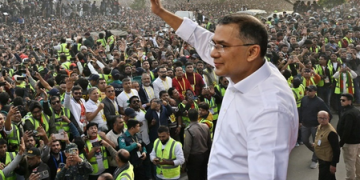Many of the acts of omission and commission by the Election Commission of India (ECI) in the recent past have been under question for their perceived bias in favour of the ruling dispensation and against the Opposition. Its latest ongoing exercise of conducting Special Intensive Revision (SIR) of electoral rolls in Bihar further strengthens the suspicion especially in the light of certain observations of the Supreme Court hearing petitions challenging the SIR. The most alarming is the revelation that the ECI appears to be arrogating to itself, in the name of electoral roll revision, the task of determining citizenship which is supposedly the exclusive preserve of the Union Home Ministry. However, handing over this critical power to that ministry also is a dangerous proposition. The Home Ministry tried to undertake the job under controversial circumstances through the infamous National Register of Citizens (NRC).
While allowing ECI to continue the SIR in Bihar, the two-judge Bench of Justices Sudhanshu Dhulia and Joymalya Bagchi rightly flagged three key issues, one of which being EC’s power to check the citizenship of voters. The other two issues are the importance of due process and procedure to be followed during the revision and the timing of the revision itself. The Bench pertinently said, “This issue goes to the very root of democracy and the right to vote.” It acknowledged that the EC, as a constitutional body, has powers well beyond the Representation of People’s Act, 1951 (RPA), but at the same time made it amply clear that the process would be subject to judicial intervention. There is no room for confusion over the remit of the Ministry of Home Affairs to determine whether an individual is a citizen, as the SIR has sought to create. The Bench said “citizenship is an issue to be determined not by the Election Commission of India, but by the Ministry of Home Affairs,” when EC’s counsel defended the Commission’s decision to exclude Aadhaar as a valid document.
The EC argument that “the precondition for adult suffrage is citizenship” appears tortuous. The contention is fallacious since it is not empowered to find the answer to the question of one’s citizenship. The Bench drove home the point with the observation that had it been so, the SIR should have started much earlier. The ECI decision to disenfranchise the person who is already there on the electoral roll in 2025, would compel such an individual to appeal against it and the time-consuming exercise would deny him his right to vote in the ensuing election. The decision to begin the exercise only a couple of months before the Bihar election makes it all the more suspect, to say the least. Justice Dhulia’s comment is a slap in the face of the entire exercise: “If you ask for these documents immediately, even I will not be able to produce it now, look at the practicality, look at the timeline.”
Also Read: Toll Sucks Life
The Supreme Court also, in its order, asked the EC to explain why Aadhaar, Electoral Photo Identity Card and ration card cannot be accepted as valid documents in the SIR process. This potentially increases the ambit of the 11-document list that has caused widespread panic and confusion on the ground.
The ECI has over the years earned international accolades for its commendable work in including millions of voters into electoral rolls widening the scope of democracy. The court has rightly observed that “the entire exercise of SIR is about identity only,” none of the 11 documents currently listed are “telltale ones for citizenship” and that they are all meant to prove identity. It also rightly went on to question why Aadhaar, which is “considered basic for getting other documents,” is excluded while documents prepared on the basis of Aadhaar, such as caste certificates, are accepted. This not only exposes the inherent inconsistency in the ECI’s position, but also the intent behind the exercise, which is primarily aimed at excluding as many Moslem and Yadav voters from the voter list so as Bihar elections swing in favour of the ruling BJP and its allies.
Also, the ECI’s objection to Aadhaar, prepared at the cost of hundreds of crores of rupees from the national exchequer, as merely proof of residence rather than citizenship betrays its failure to understand the practical realities of Bihar, as also the rest of the country. According to one set of data, while 87 per cent of Bihar’s population has an Aadhaar, only 45-50 per cent are matriculates and close to just 2 per cent have passports that form part of the 11 documents listed by the ECI.
The ECI has indeed not covered itself with glory by enforcing SIR. Its reputation as an autonomous, independent Constitutional body is at stake. It needs to be seen to rise above political manipulations and guarantee the participation of every citizen in exercising franchise instead of disenfranchising bona fide citizens.
Funny as it may sound, the idea of Aadhaar was born during the Congress government of UPA II. But as is usual with that party, it was not forcibly implemented. Then comes the Modi led BJP in 2014 and by 2017 Aadhaar was made absolutely the pivot for survival in India. The citizen was made to run and run to link everything, including the spiritual soul to Aadhaar. Commercial enterprises understood the benefits and demanded Aadhaar, that held all private data of citizens, for every little act. Again, as is usual in India, even the so-called impregnable Aadhaar has been twisted and groped by elements inimical to the ruling dispensation. Therefore, the ECI has been commanded to deny use of Aadhaar for right to vote. If this move by the ECI is successful then it is the death of Aadhaar.






































